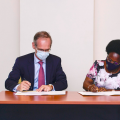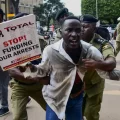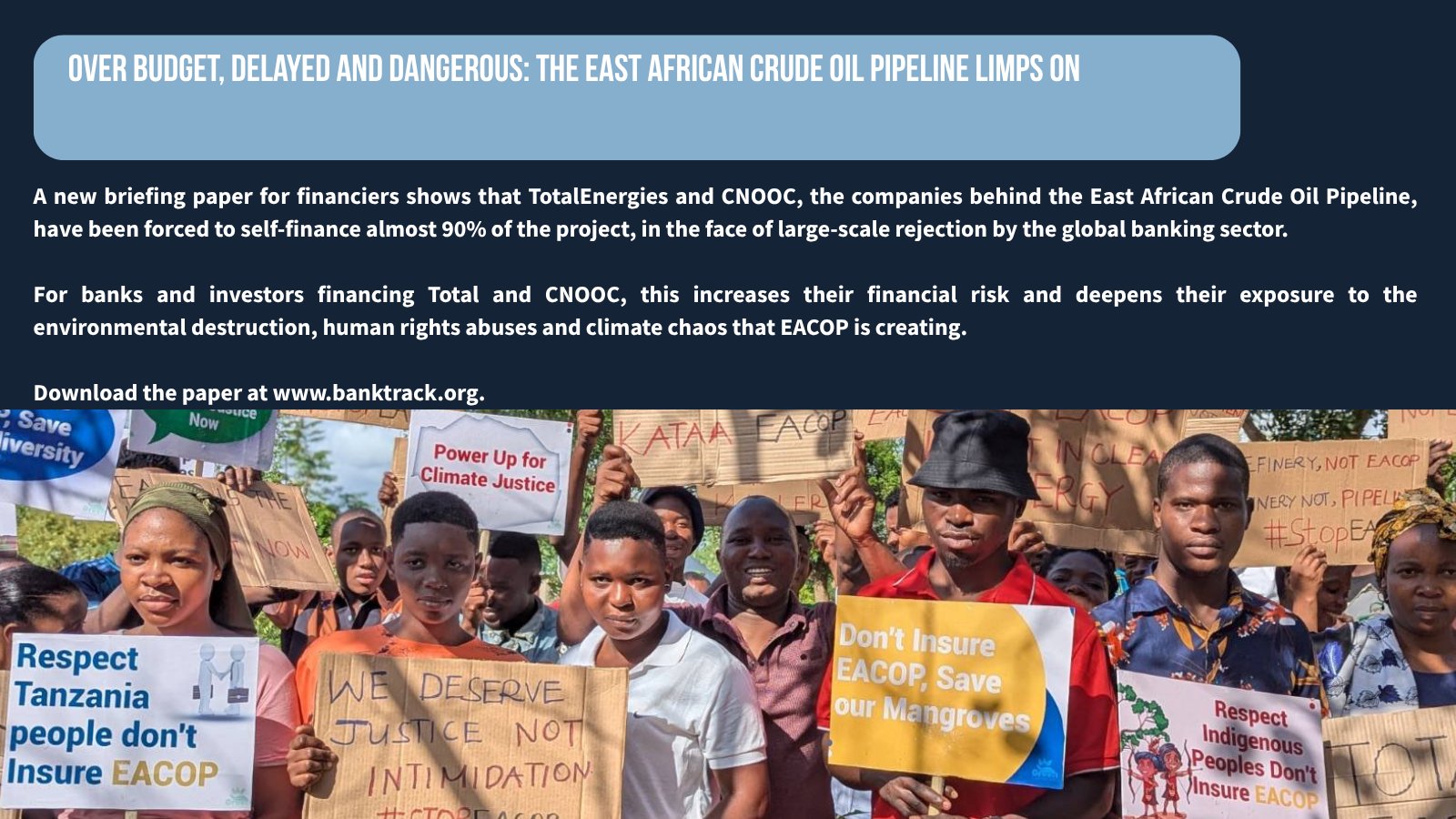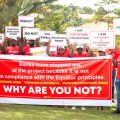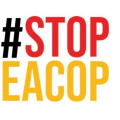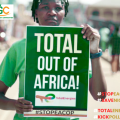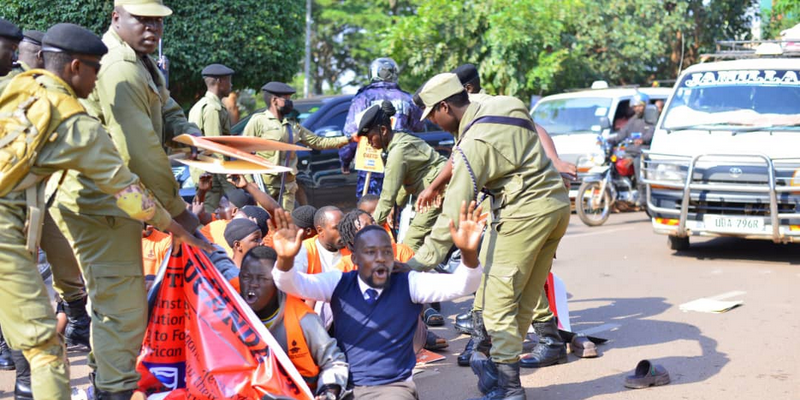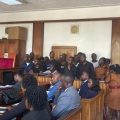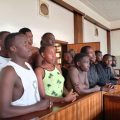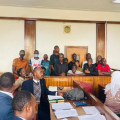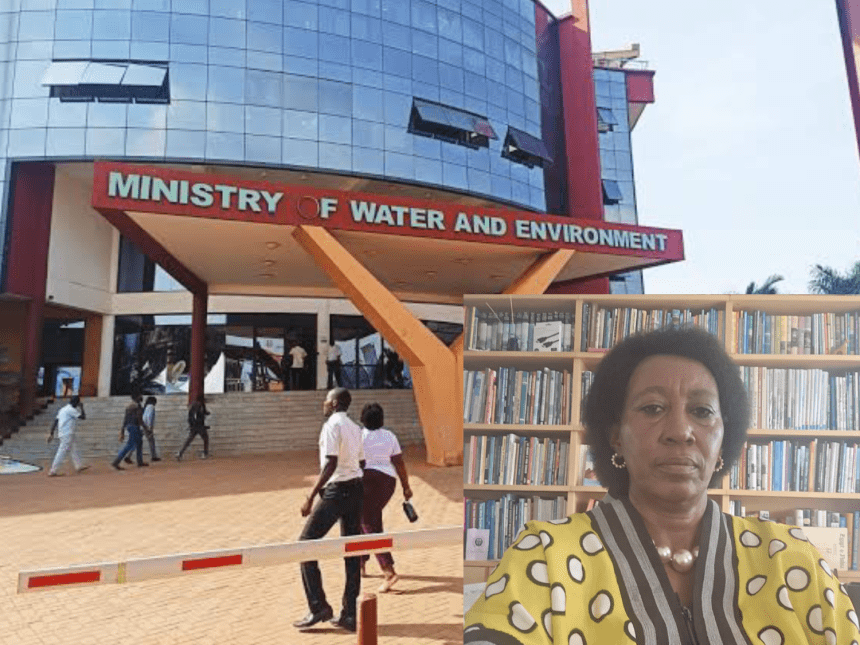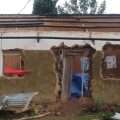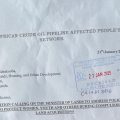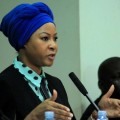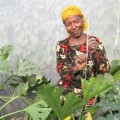The Ministry of Water and Environment is under scrutiny over alleged illegal procurement of a 70.2-acre piece of land in Kihanda Sub-County, Kanungu District.
According to a petition dated October 10, 2025, submitted to the State House Anti-Corruption Unit, Christine Joy Tusiime accuses officials from the ministry of land grabbing, abuse of office, and criminal conduct. The land in question is her ancestral property located in Ibarya Cell, Kihanda Parish.
Tusiime claims that in August 2023, the government, through the Ministry of Water and Environment, entered into a purported land acquisition and compensation agreement with her for the family land. However, she insists that the transaction was done irregularly and without her informed consent. She further alleges that the land was under a caveat at the time, and that no official land valuation, boundary opening, or legal procedures were followed before compensation and takeover.
The Ministry of Water and Environment is jointly accused with several officials including Hajj Shafik Sekandi (former RDC of Kanungu, now RDC of Kisoro), Amanyire Ambrose Mwesigye (current RDC of Kanungu), his deputy Gad Rugajju, and GISO Ambrose Barigye. Also implicated are local leaders: Jessica Tindimwebwa (LC I Chairperson – Ibarya Cell), Davis Asiimwe (LC III Chairperson Kihanda Sub-County), and Lemegio Tumwesigye (LC II Chairperson – Kihanda Parish).
Tusiime alleges that these officials colluded to demarcate the family land into smaller plots for personal gain, disguised as government compensation. In her words, “To our disbelief, these individuals in government offices demarcated our ancestral land into plots, which they shared among themselves to access and grab money through the Ministry of Water and Environment’s purported compensation.”
She also claims that on October 3, 2025, RDC Mwesigye led a group that stormed their ancestral home, demolishing the house and toilet. Tusiime states that these individuals, using their positions in government, forcibly occupied and destroyed family property including homes, crops, and graveyards without following legal procedures. She further alleges that the accused exhumed bodies of their deceased siblings and took them to an unknown location without the family’s knowledge or consent.
A document reportedly in the possession of the family shows that a Ministry official, identified as Paul Nuwagira—a sociologist—wrote on the land title indicating it had been received for mutation and transfer. The note reads: “Original duplicate title received for purposes of mutation and transfer to the government of Uganda represented by the Ministry of Water and Environment after consent to compensation was reached between vendors and government.”
In a March 18, 2025, letter to the Ministry, Tusiime expressed strong opposition to the transaction, raising issues such as lack of a valuation report, absence of a proper boundary survey, inadequate compensation, harassment, intimidation, and overall fraudulent conduct. Through her lawyers, she pointed out that neither she nor her elder sister had legal capacity to transact over the land. She also noted that the government had failed to issue a certificate of title for the residue land where her family was supposed to be resettled or relocate their ancestral burial grounds.
Tusiime claims the government is proceeding with the development project on the disputed land, despite failing to meet its obligations under the so-called agreement. She alleges that government officials have since taken over the land, destroyed property, and issued threats—with the support of RDC Mwesigye, his deputy Rugajju, and local police.
In an interview, Tusiime said the dispute traces back to 2004 following the death of her mother, when her sister took possession of the family land. She said this triggered a series of actions by local officials aimed at displacing her and destroying her interests. “The RDC then did a report, and from that time, they began targeting us—destroying plantations and allowing others to use the land to undermine us,” she said tearfully.
Due to continued threats and property destruction, Tusiime fled Uganda in 2023 and now lives in the United Kingdom. She maintains that the government must lawfully purchase the land and not rely on what she describes as fraudulent compensation efforts. She further alleges that RDC Mwesigye and his deputy Rugajju are now profiting from the land through activities like charcoal burning and have destroyed their house. Her appeals to the police, she says, were ignored.
She added: “I am humbly appealing to the President to intervene in this matter and rescue me from these notorious criminals pretending to work for the government.”
Tusiime also claims that her attempt to open boundaries and prove the extent of land grabbing was blocked by authorities. She accuses lawyers from Mark Mwesigye Advocates of playing a role in alleged forgery and land fraud related to her property in Ibarya Cell, Kanungu.
RDC Amanyire Ambrose Mwesigye denied any wrongdoing. He said he held meetings involving both parties and advised them to approach the Administrator General. He acknowledged that the land was part of a government irrigation project and said that several families were consulted in 2022, and valuation exercises were conducted in 2023. “Their family was among those consulted. They consented, and they were paid Shs1 billion, which was shared between Christine and her sister. The houses that were demolished are those earmarked for removal to pave way for the project,” he said.
When contacted, Paul Nuwagira, the sociologist from the ministry who handled part of the process, maintained that he acted on behalf of the Ministry. “Whatever I did was under the mandate of the Ministry of Water and Environment. If there is any complaint, it should be addressed to the ministry leadership—not to me personally,” he said. “There are proper channels for handling these matters, and people should stop addressing ministry issues to individuals.”
Despite repeated attempts, the Permanent Secretary in the Ministry of Water and Environment, Dr. Alfred Okot Okidi, was not available for comment.
Tusiime continues to demand a full investigation into the matter, arguing that her family was defrauded and violently displaced from their land by individuals misusing government institutions.
Source: ankoletimes.co.ug
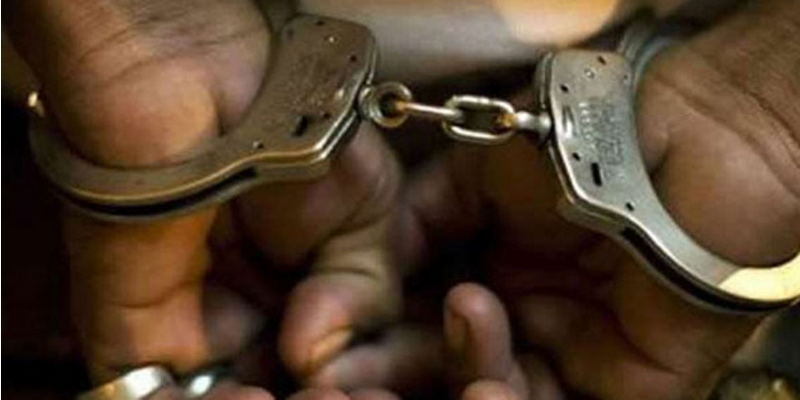
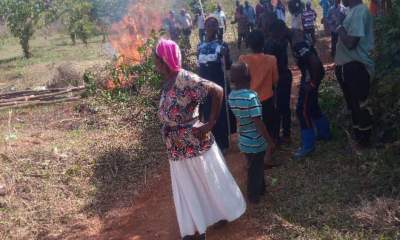
 MEDIA FOR CHANGE NETWORK2 weeks ago
MEDIA FOR CHANGE NETWORK2 weeks ago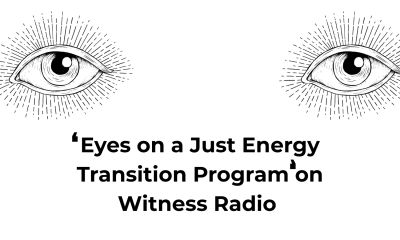
 MEDIA FOR CHANGE NETWORK1 week ago
MEDIA FOR CHANGE NETWORK1 week ago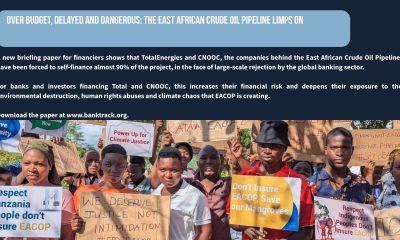
 MEDIA FOR CHANGE NETWORK1 day ago
MEDIA FOR CHANGE NETWORK1 day ago
 MEDIA FOR CHANGE NETWORK5 days ago
MEDIA FOR CHANGE NETWORK5 days ago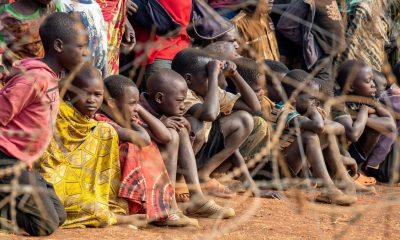
 NGO WORK4 days ago
NGO WORK4 days ago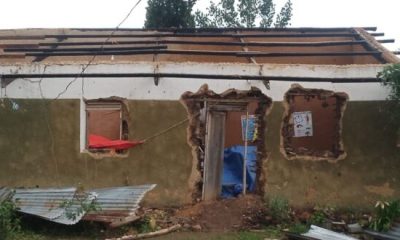
 MEDIA FOR CHANGE NETWORK1 week ago
MEDIA FOR CHANGE NETWORK1 week ago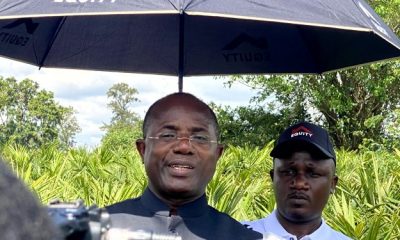
 MEDIA FOR CHANGE NETWORK5 days ago
MEDIA FOR CHANGE NETWORK5 days ago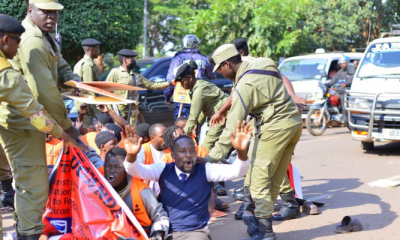
 MEDIA FOR CHANGE NETWORK2 days ago
MEDIA FOR CHANGE NETWORK2 days ago
